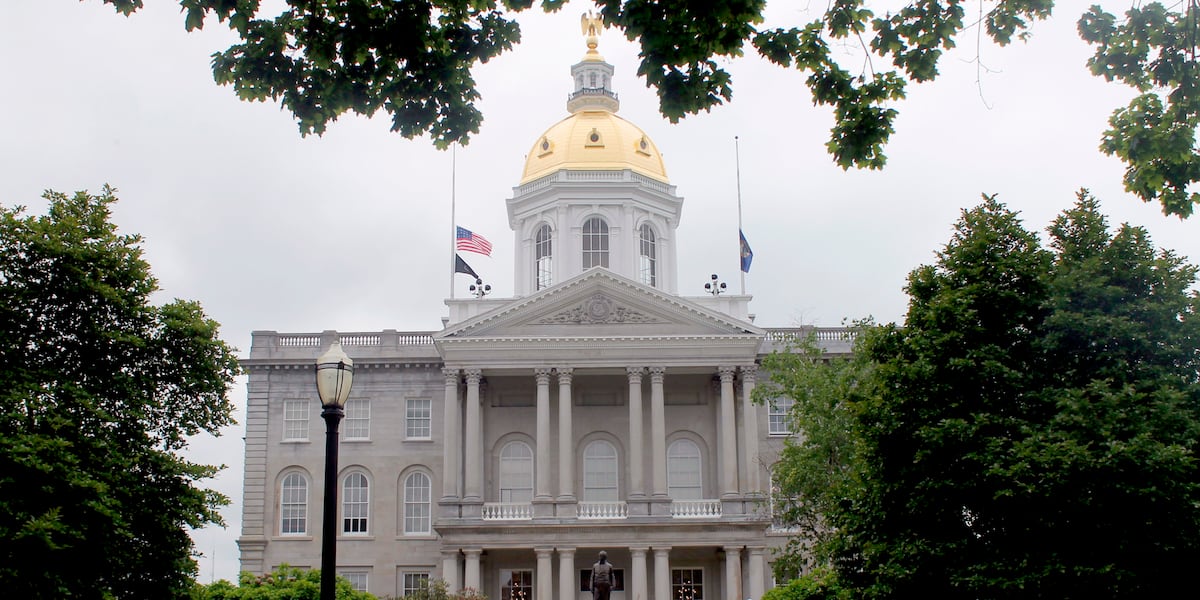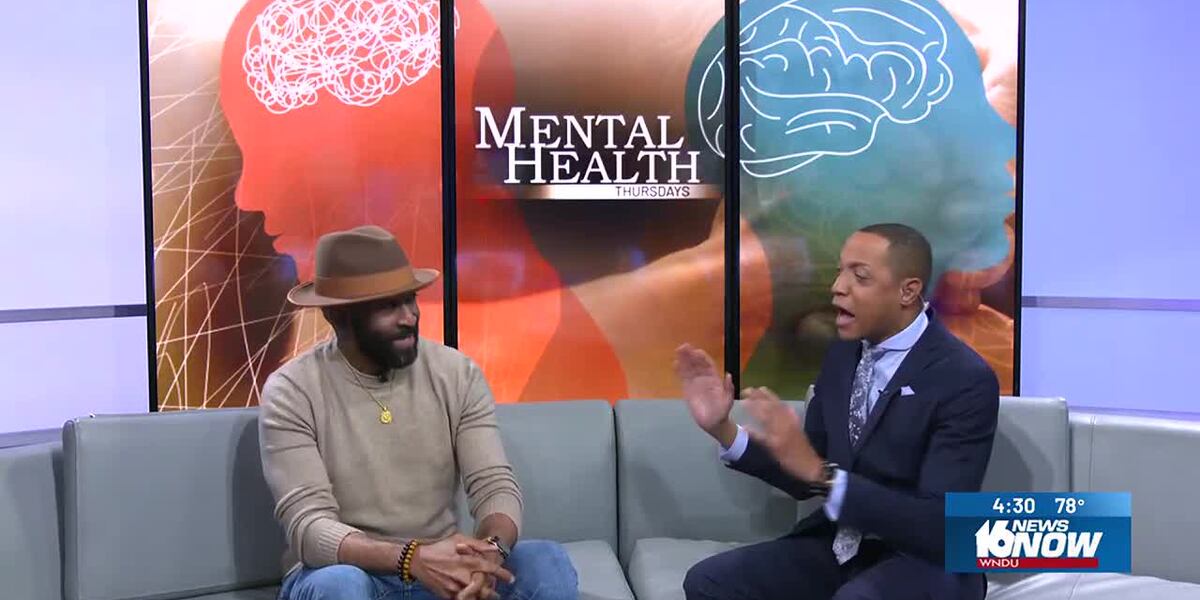States Face the Heat: GOP Plan Shifts Burden of Health & Food Benefits to Individual States

Washington D.C. – A controversial proposal brewing in the U.S. Congress is poised to significantly alter the landscape of healthcare and food assistance programs across the nation. Republican lawmakers are currently drafting legislation that would dramatically reduce federal funding for vital programs like Medicaid, SNAP (Supplemental Nutrition Assistance Program, formerly known as food stamps), and other essential safety nets.
The proposed cuts, if enacted, would effectively shift the responsibility – and the financial burden – of supporting vulnerable populations onto the individual states. This policy shift has sparked fierce debate, with critics arguing it could leave millions of Americans without access to crucial resources and exacerbate existing inequalities.
The Details of the Plan
The legislation reportedly aims to achieve substantial savings by curtailing federal contributions to these programs. While the specifics are still under negotiation, sources indicate potential reductions in federal matching funds, stricter eligibility requirements, and a push for states to implement more stringent work requirements for recipients.
The implications for states are significant. Governors and state legislators would be forced to grapple with difficult choices: either increase state taxes to cover the funding shortfall, reduce services, or potentially deny benefits to eligible individuals and families. This prospect has already drawn sharp criticism from state officials, particularly in states with large low-income populations.
Impact on Vulnerable Populations
Advocates for the poor and vulnerable warn that the proposed cuts could have devastating consequences. Reduced access to healthcare could lead to preventable illnesses and increased emergency room visits, further straining state resources. Similarly, limitations on food assistance could exacerbate hunger and food insecurity, particularly among children and seniors.
“This isn’t about fiscal responsibility; it’s about shifting the blame and the cost onto states while abandoning the most vulnerable members of our society,” stated Sarah Miller, Executive Director of the National Association for Social Welfare. “These cuts would disproportionately impact low-income families, children, seniors, and individuals with disabilities, pushing them further into poverty and hardship.”
Political Fallout and Future Prospects
The proposal faces a challenging path forward in Congress. While Republicans are united in their desire to reduce government spending, the scale of the proposed cuts and the potential impact on states could create divisions within the party. Democrats are expected to strongly oppose the legislation, arguing it is both fiscally irresponsible and morally reprehensible.
The outcome of this debate remains uncertain, but one thing is clear: the future of healthcare and food assistance programs in the United States is hanging in the balance. The nation’s governors and state legislators are bracing for a potentially tumultuous period as they prepare to navigate the fallout from this controversial policy shift. The debate highlights the ongoing tension between federal and state responsibilities in providing for the welfare of citizens, and the potential human cost of prioritizing austerity over compassion.






